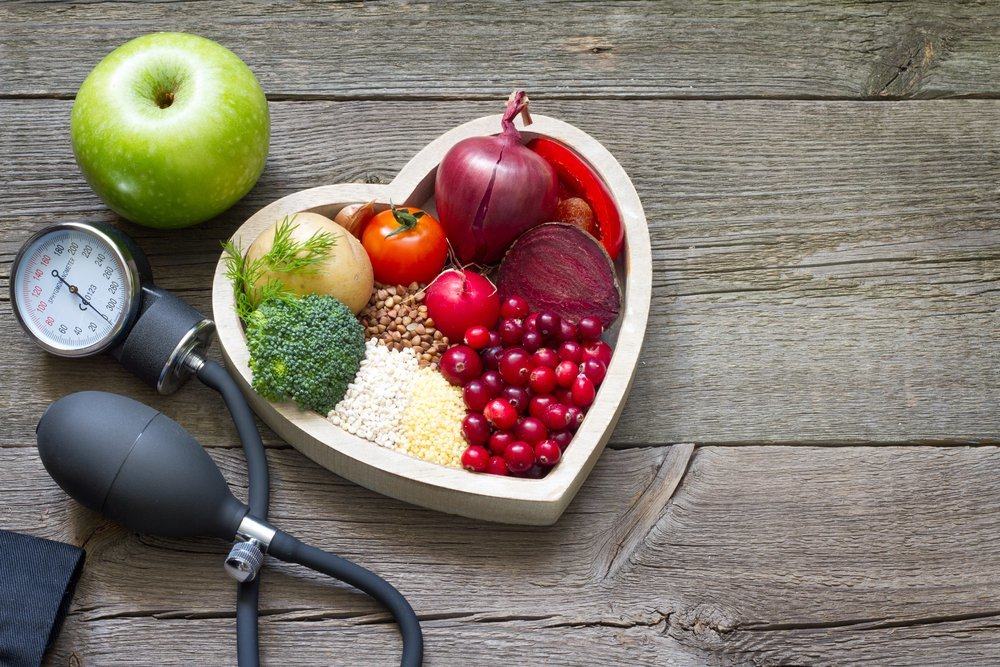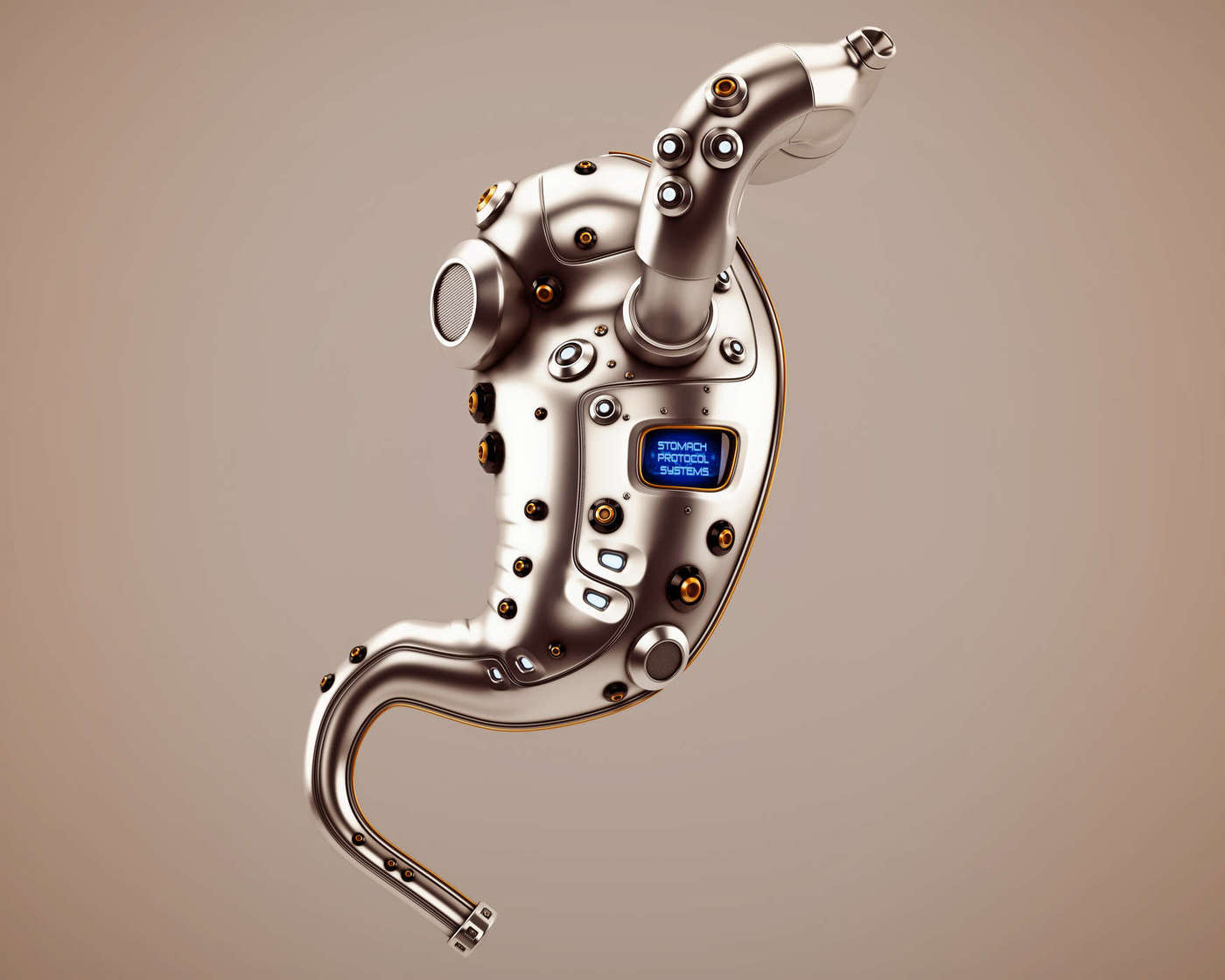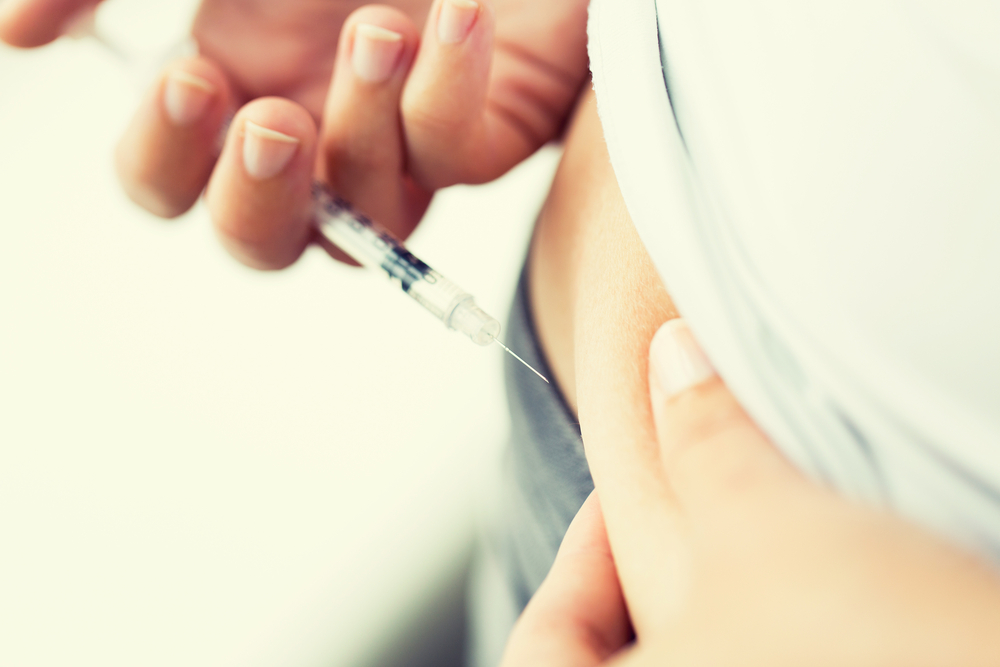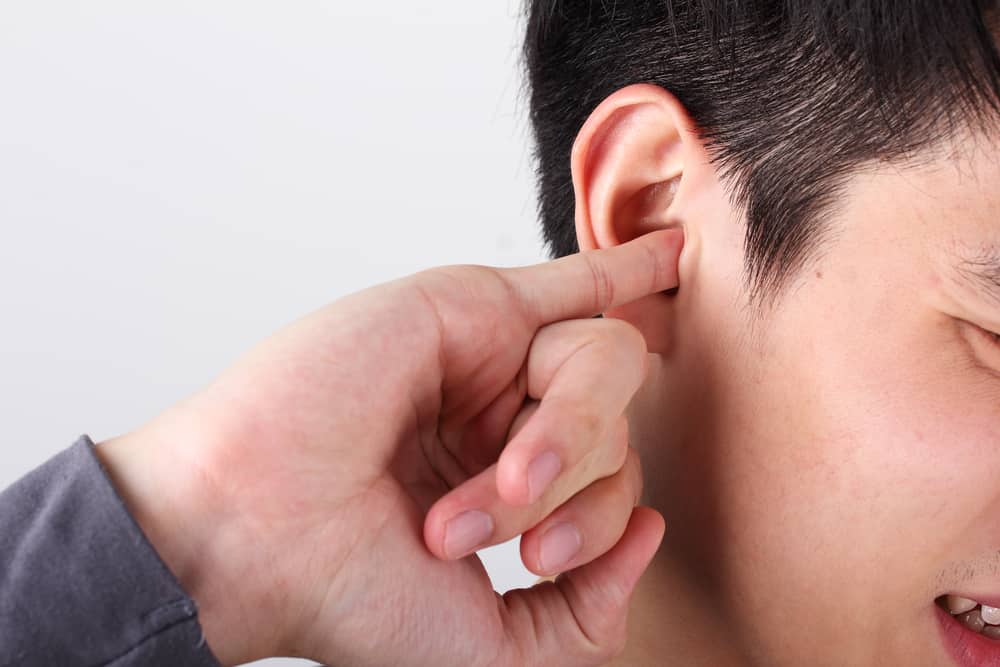Contents:
- Medical Video: 5 Common Signs of High Cholesterol
- What is cholesterol?
- What is the difference between good cholesterol and bad cholesterol?
- What is the normal cholesterol level in the body?
- Danger of too high cholesterol levels
- Symptoms and signs of high cholesterol
- What are the triggers for high cholesterol?
- 1. Diet
- 2. Weight
- 3. Physical activity
- 4. Age and gender
- 5. Descendants
- 6. Smoking
- What medicines can help reduce cholesterol levels?
Medical Video: 5 Common Signs of High Cholesterol
The 20s are usually times when young people enjoy a free lifestyle. Maintaining the food you consume, sleep patterns, and exercise seems less important because of the busyness and pressure faced. In fact, those of you who are 20 years or older are more susceptible to various diseases as a result of naturally increasing cholesterol levels. So, it is important for you to understand what cholesterol is and what it's all about early on.
What is cholesterol?
Cholesterol is a compound with fat-like properties that lives naturally in almost every part of your body such as the brain, nerves, muscles, intestines, liver and heart. Cholesterol comes from two sources, produced by the liver or through the food you consume.
What is the difference between good cholesterol and bad cholesterol?
There are two types of cholesterol in the body. Cholesterol needed by the body is known as good cholesterol or high density lipoprotein (HDL). The task of HDL in the body is to block and prevent the accumulation of bad cholesterol in the arteries. Meanwhile, bad cholesterol or low density lipoprotein (LDL) amounts to 60 to 70 percent of total cholesterol levels in the body. LDL can accumulate in the arteries and cause various heart diseases.
What is the normal cholesterol level in the body?
The normal cholesterol level recommended by doctors is generally below 200. If you are testing cholesterol levels, make sure you get the details of HDL and LDL results as well. A good HDL level is 60, but the higher the number the better for you. Meanwhile, safe LDL levels are below 100. You should consult your doctor directly to find out the normal cholesterol levels for your body. According to The American Heart Association, you need to check cholesterol levels at least every five years. You can also do an independent check at home with the help of medical devices.
Danger of too high cholesterol levels
LDL cholesterol levels that are too high are harmful to health. LDL will accumulate in the arteries to form plaques that will block the circulation of blood in the body. If the blocked one is an artery that pumps blood to the brain, you run the risk of having a stroke. If the blocked one is an artery that supplies blood to the heart, you risk getting a heart attack.
Symptoms and signs of high cholesterol
High cholesterol levels generally do not show symptoms or previous signs. High cholesterol can only be detected by undergoing a blood test that can measure cholesterol levels in your body. Dizziness or headache that many people complain of with high cholesterol levels is a symptom of a stroke, not a symptom of high cholesterol itself.
What are the triggers for high cholesterol?
There are various kinds of things that can trigger high cholesterol levels. However, fortunately these various things can you prevent and control in order to maintain normal cholesterol levels.
1. Diet
Eating foods and drinks that contain lots of cholesterol, trans fats, and saturated fats can increase your cholesterol levels. So, as much as possible offset by eating vegetables and fruits, wheat and beans, and foods that are boiled or baked, not fried.
2. Weight
Being overweight can increase the risk of heart disease caused by high cholesterol levels. Meanwhile, maintaining an ideal body weight can help stabilize levels of good and bad cholesterol in the body.
3. Physical activity
Lack of exercise and physical activity risk increasing your cholesterol levels. Try to exercise regularly every day for at least 30 minutes.
4. Age and gender
At the age of 20, cholesterol levels in the body will begin to increase naturally. As we get older, cholesterol levels will rise more easily. Usually cholesterol levels in men increase faster at a young age, but after menopause women will become more vulnerable as well.
5. Descendants
If in your family there is a history of high cholesterol levels, chances are you will inherit it. This is because cholesterol levels in the body can be genetically inherited.
6. Smoking
Smoke and harmful substances contained in cigarettes can reduce good cholesterol levels in the body. In addition, smoking and passive smoking can also increase the risk of arterial blocking which can lead to various heart problems such as high blood pressure and diabetes.
What medicines can help reduce cholesterol levels?
If your doctor has given you a diagnosis of your cholesterol level that is too high, you will usually be prescribed medication that can help keep cholesterol levels stable and normal. These drugs include statins, fibric acid, bile acid binding resins, and cholesterol absorption inhibitors. However, keep in mind that prescription drugs are not a substitute for a healthy lifestyle.You still have to undergo a healthy and balanced diet, regular exercise, and lifestyle changes so that cholesterol levels don't increase.
READ ALSO:
- 4 Mandatory Foods to Control Cholesterol in Blood
- Symptoms of Dyslipidemia, High Cholesterol which also attacks the Thinner
- Cholesterol and Triglyceride Tests (Examination of Lipid Profiles)












